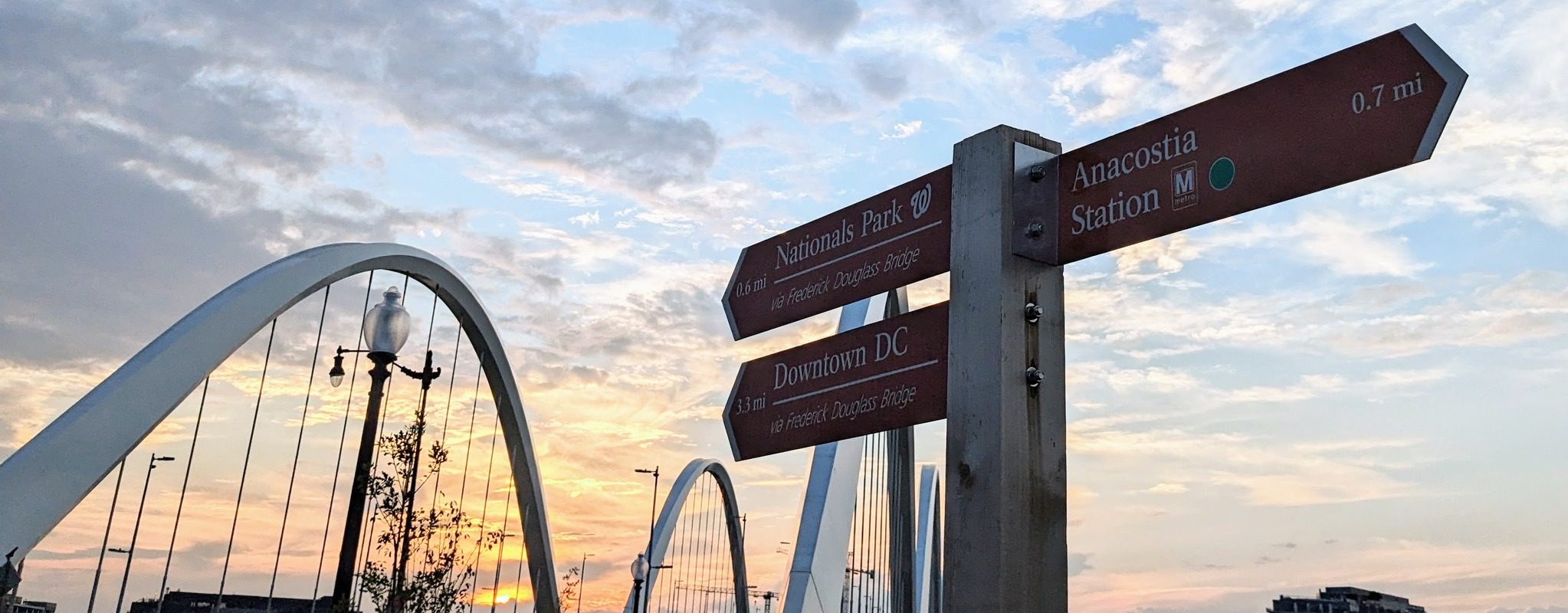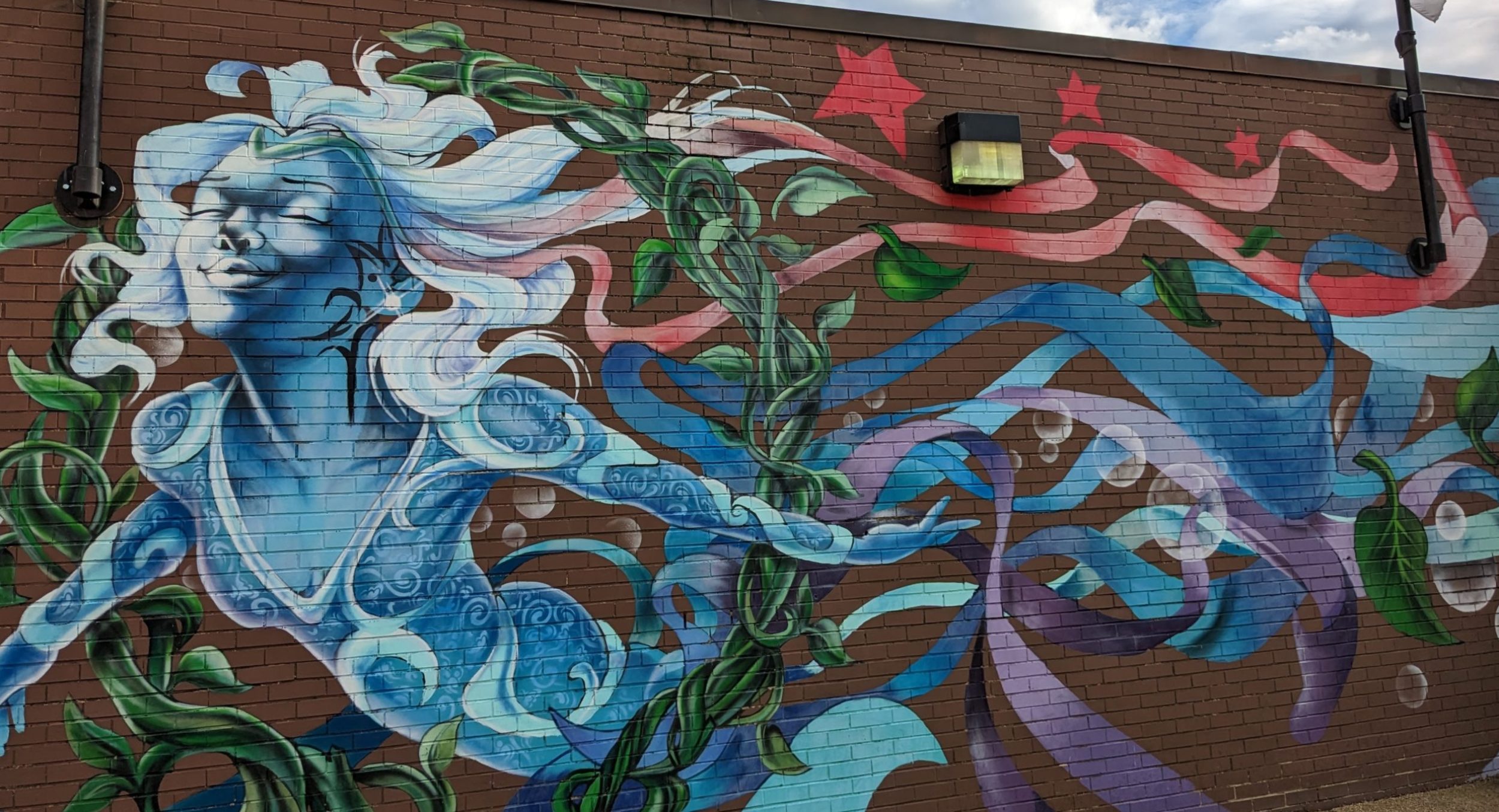The pot held tea brewed just right. It was not overdone and bitter, as I would get later in Turkey. It was not the do-it-yourself cup of hottish water with a paper-wrapped tea bag sitting on the saucer, which restaurants in much of the world offer.
This was Azeri tea, or cay (chai), served with slices of lemon and sugar cubes and a curved glass. It looked like the tea pictured below that I would have later on my trip. The folks in Suraxani, Azerbaijan, though, added a little plate with slices of cake to the one for the lemons and the dish of sugar cubes. It was not a bad offering at all, considering I was at a café at the commuter rail station on the Absheron Peninsula.
The peninsula is one of the world’s oldest oil-producing regions, and its history shows everywhere you look. The Azer.com Web site says the first oil-distilling factory on the Absheron Peninsula started operating in 1837. To get some perspective, that was the last year of Andrew Jackson’s presidency. Azerbaijan’s oil made it tempting to the British, who offered vague support for the country during its brief years of independence after Tsarist Russia collapsed during World War I. The Red Army marched in, the British support never happened and by 1922, Azerbaijan was part of the Soviet Union.
On the map below, the peninsula is the little bit of Azerbaijan that juts out into the Caspian Sea. The Azeri government is working on plans to rehabilitate the peninsula, noting on a Web site that “a country extracting and exporting oil in the age of zero-discharge technologies should not represent an image composed of ugly-black obsolete oil rigs and dead landscape covered with oily spots and lakes.’’
It’s a great goal for the Azeris, and you have to wish them luck. Still, there is something fascinating about the “dead landscape.’’ My husband David and I stared out at it on our train ride out to see one of Azerbaijan’s few tourist attractions, the temple for fire worshippers drawn to the area centuries ago by its open vents of natural gas. We pointed out to each other things like rail cars that looked like they had been left idle for a long time. Oil rigs stood not far from neighborhoods with many tidy homes. Below is a picture I took from near the commuter rail station:
Another peddler came through with socks. David and I fantasized about having these services in Washington. We could e-mail each other at work.
The temple site may have attracted adherents of an ancient Persian religion, Zoroastrians, as early as the 6th century AD. The temple was built in the 1700s by members of this religion whose families had fled to India centuries earlier as Islam took hold in Persia. (This group is known as Parsis. Fun fact unrelated to the fire temple: One of the most famous Parsi descendants of the 20th century was Queen’s lead singer Freddie Mercury.)
We spent less than half an hour at the temple. David went to shoot some pictures, while I headed off in search of tea. No charge, no charge, the waiter insisted as he spread out the pot, the glass and the plates. No charge, he insisted as he came out to check on how I was doing at my outdoor table.
I was looking in my backpack for my stash of Washington, D.C., postcards to leave him one in thanks when David appeared at my table. He had been treated to a different kind of Azeri hospitality.
No more oil countries, David yelled. We would not visit these kinds of places again, he said.
A crowd of local policemen surrounded him while he has taking pictures. They told him he couldn’t take the pictures. I think that perhaps they were fishing for a bribe. David said he made a big show of deleting some of the photos from his digital camera, while keeping a few. Here’s what he saw:
“No more countries with people loitering while stuff gets sucked out the ground,’’ he said.
There did seem to be more Azeris than there was work. We stayed only near the prosperous capitol, Baku, so no one appeared to be hurting too much for money. At the airport, drivers preferred to pass up our business rather than give us what our guidebook said were local rates. It didn’t seem right to us that traveling downtown from Baku’s airport should cost about as much as a ride from LaGuardia to midtown Manhattan. We were happy to find a local bus costing less than $1 a person.
The oil industry skews the Azeris’ view on foreigners. There are many of them in Baku, and it seems like many are oil executives and engineers with expense accounts. On our first morning in Baku, we passed an American woman on the street. She looked at us, waved and said hi and then went back to asking an Azeri man in English for directions. Her accent sounded Texan or Oklahman to me, a nice friendly twang to it.
Within an hour, an Englishman asked David for help with directions. He said he worked for BP. Shortly after, we made it to Baku’s stretch of the Caspian Sea. On this Sunday afternoon, it was a beautiful place, with families and couples and groups of friends out strolling. A man approached me while David was shooting pictures. The man was anxious to speak English with someone. A native of Colombia and a petroleum engineer, he has been living in Canada for years before moving to Azerbaijan. He told us he was doing his best to see the sights of Baku during his stay.
David and I didn’t run into any other tourists in our days in Azerbaijan. That makes me a little skeptical of the UN’s World Tourism Organization statistic that there are 1.2 million tourist arrivals each year in Azerbaijan. That’s almost double the figure for neighboring Georgia, which offers churches, monasteries and some beach resorts.
I wonder if some of the tourist figures aren’t people working in Azerbaijan who got the wrong visa on arrival. Azeris don’t seem to encounter tourists often. David and I left our bags at the train station on our last morning in Baku. We would take an overnight train to Tbilisi, Georgia, later that day.
The two men working in the baggage check room were curious about us. They gestured for us to sit. They offered us tea, again hot brewed tea, from a kettle they kept on a little burner plugged into the wall near their desk. Once we accepted the tea, one of the baggage men took out a bag of nice sugary biscuits and gave us each one.
They knew about ten words of English and David and I had about ten of Russian, two of which were “baggage check.’’ We tried to answer their questions with our little Russian-English dictionary. One of the men seemed to know more Russian than the other, who probably was fluent only in Azeri. The Russian speaker used the dictionary to ask questions. There were a lot of silent-movie-style gestures, such as broad smiles and shrugs and vigorous nodding, and a lot of laughter.
I gave our host one of the Washington, D.C., cards, one with pictures of our cherry blossoms at their peak. I was pleased when I saw him tuck it into the same drawer as the biscuits as we left.


